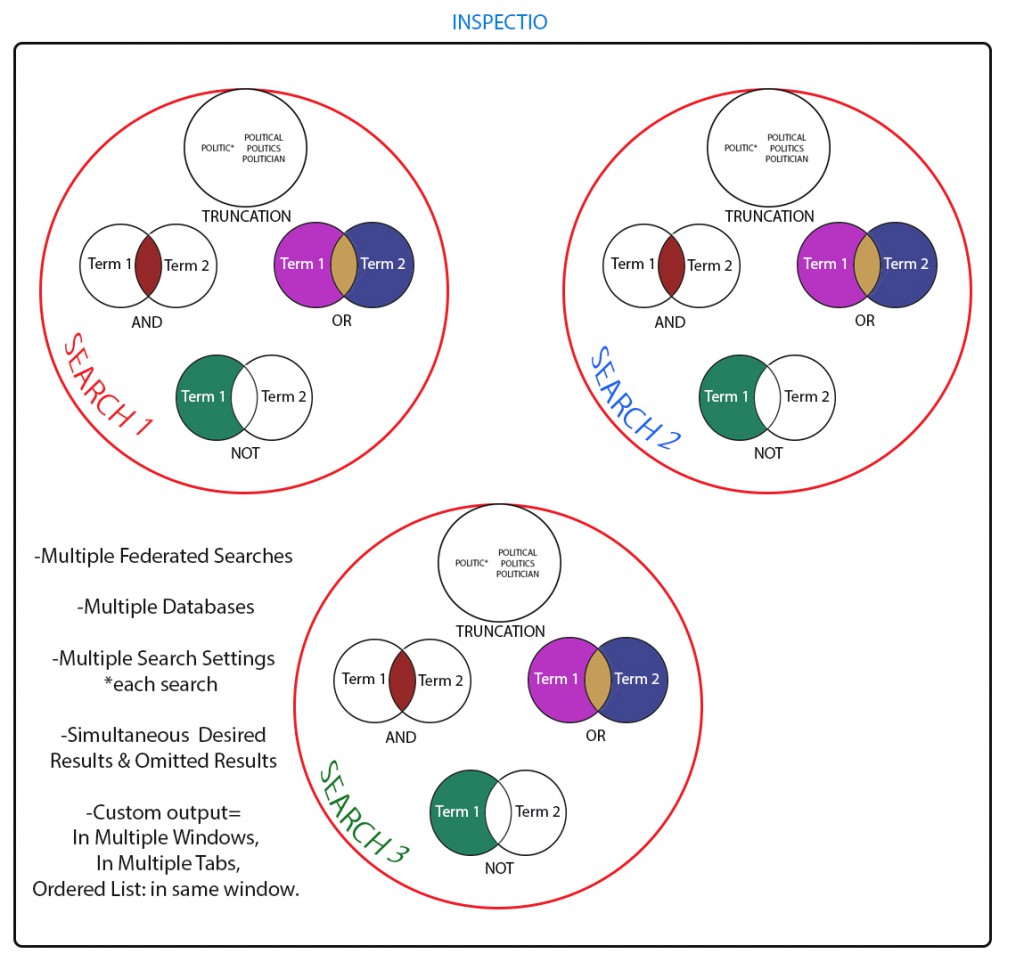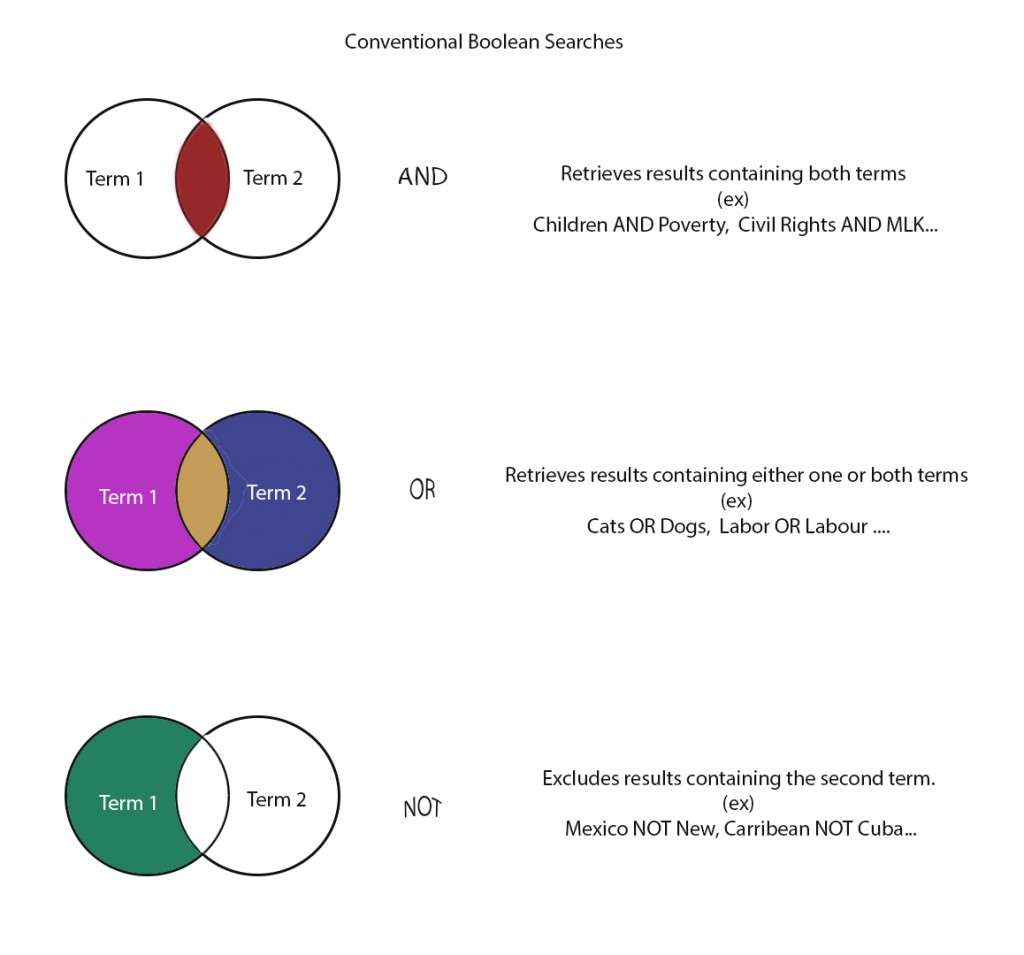This is the link to proposal on Prezi shared below.I’m not sure how this would work. But you would have to log in into Prezi before you can access it.
Monthly Archives: May 2014
Inspectio Proposal Completed- PDF version
Updated Citations
I already updated the citations list on the main page of the project site. All we have to do is update the slides (Prezi presentation).
Georgas, Helen. Google vs. the Library: Student Preferences and Perceptions When Doing Research Using Google and a Federated Search Tool. Libraries and the Academy. 13, 2. 2013:165-185. Project MUSE. Web. Apr. 2013
Herrera, Gail. MetaSearching and Beyond: Implementation Experiences and Advice from an Academic Library. Information Technology and Libraries. 26, 2. 2007: 44-52. EBSCO. Web. 7 May 2014.
Sullivan, Danny. SearchEngineWatch.com. Incisive Media, 2002. Web. 18 May 2014.
Warren, Dennis. Lost in Translation: The Reality of Federated Searching. AARL 38, 4. 2007: 258-269. EBSCO. Web. Dec. 2007.
Webopedia. QuinStreet Corporate Headquarters. Unknown update, Web. 6 May 2014.
Xu, Fei. Implementation of a Federated Search System: Resource Accessibility Issues. Serials Review 35,4. 2009: 235-241. EBSCO. Web. 2009
ZUYD Library. Zuyd University, Netherlands, unknown update. Web. 18 May 2014.
A little change on the slides
Hi guys,
I just wanted to let you know that slide 10 as been taking off.
Dominique, Emilio said you both spoke about this already. So i took it out since it’s kind of a repetition of the slides that follows it. Let me know if anything.
Inspectio Proposal 23 slides. PDF version
You guys should check this out and know who is who. Well I’ve added couple of slides though that I got from Emilio.
But just kind of run over it.
Let me know if anything. Thanks.
my final addition to the pdf and word doc
on page 11 of the pdf where the sentence starts with “IN ADDITION, ” everything afterward please replace with what im writing in this post , and then follow it with lenas part :
What further differentiates “Inspectio” from pre-existing federated search tools is the incorporated ability to perform auto Boolean, and truncated searches. As opposed to writing out the search terms multiple times in multiple search engines and having to add the “AND”,”OR”,”NOT”, and truncation syntax, to every individual search you do, (which would be necessary with the conventional method of searching with Booleans and truncation)
 Inspectios granular search settings give you the option to incorporate or omit any of the Boolean or truncated searches directly to your search query, without the need to rewrite or re-search the same terms in different search engines or databases. Furthermore, Inspectio can then take the search results received and present it to the user in a concise, organized and customizable form, such as to open the results in separate windows, to present the results in an ordered list , or to open the received results in multiple tabs within the same browser window. However, if any of the Boolean or truncated search options are undesired they can be turned off and go unused
Inspectios granular search settings give you the option to incorporate or omit any of the Boolean or truncated searches directly to your search query, without the need to rewrite or re-search the same terms in different search engines or databases. Furthermore, Inspectio can then take the search results received and present it to the user in a concise, organized and customizable form, such as to open the results in separate windows, to present the results in an ordered list , or to open the received results in multiple tabs within the same browser window. However, if any of the Boolean or truncated search options are undesired they can be turned off and go unused
a concise addition for the final draft
The Usage of Boolean search operators isn’t a new concept by any means. Search engines have been utilizing the functionality of it since around the inception of the very search engines themselves. Most people unaware of the ability to leverage the power of Boolean operators and Truncation , repeat identical searches using identical terms in multiple search engines and databases numerous times to garner all the different results that they can in relation to their desired research topic(s). Furthermore, some desired results can be lost within the myriad of results that search engines retrieve, federated searching can exponentially increase this by giving you multiple result pools of millions of results each. Having a tool like “Inspectio” that utilizes these powerful esoteric techniques of searching, brings results that otherwise would have been lost within the result pool , sifts them out and presents it to you in a desired form. Search for the topic(s), or terms that you want, and get the results you desire, with the undesired results omitted, in a form that is easy and convenient for you to comprehend.
Boolean : http://searchenginewatch.com/article/2049150/Boolean-Searching
Truncation & Boolean : http://bibliotheek.zuyd.nl/en/home/information-literacy/finding-information
a necessary update
hello everyone , it seems as i dont have a solid part of the presentation 🙁 , i have been sick as of the latest 2 weeks the worst of it being this past week , but i have been doing an adequate amount of work …. i have also looked over your progress with the project and cant help but notice that there is a substantial part that has been left out … the Boolean search operator terms, like NOT, AND, and OR as well as the parenthasis and quotes that alter the search results further to include a custom result pool , i am aware that this might be the last day we have to work on this but its definitely possible to add this final part, which is actually one of the biggest aspects of the use of the tool
http://searchenginewatch.com/article/2049150/Boolean-Searching
citation
Helen Georgas. “Google vs. the Library: Student Preferences and Perceptions When Doing Research Using Google and a Federated Search Tool.” portal: Libraries and the Academy 13.2 (2013): 165-185. Project MUSE. Web. 18 May. 2014. <http://muse.jhu.edu/>.
abstract from the article
Abstract
Abstract:
Federated searching was once touted as the library world’s answer to Google, but ten years since federated searching technology’s inception, how does it actually compare? This study focuses on undergraduate student preferences and perceptions when doing research using both Google and a federated search tool. Students were asked about their preferences using each search tool and the perceived relevance of the sources they found using each search tool. Students were also asked to self-assess their online searching skills. The findings show that students believe they possess strong searching skills, are able to find relevant sources using both search tools, but actually prefer the federated search tool to Google for doing research. Thus, despite federated searching’s limitations, students see the need for it, libraries should continue to offer federated search (especially if a discovery search tool is not available), and librarians should focus on teaching students how to use federated search and Google more effectively.




